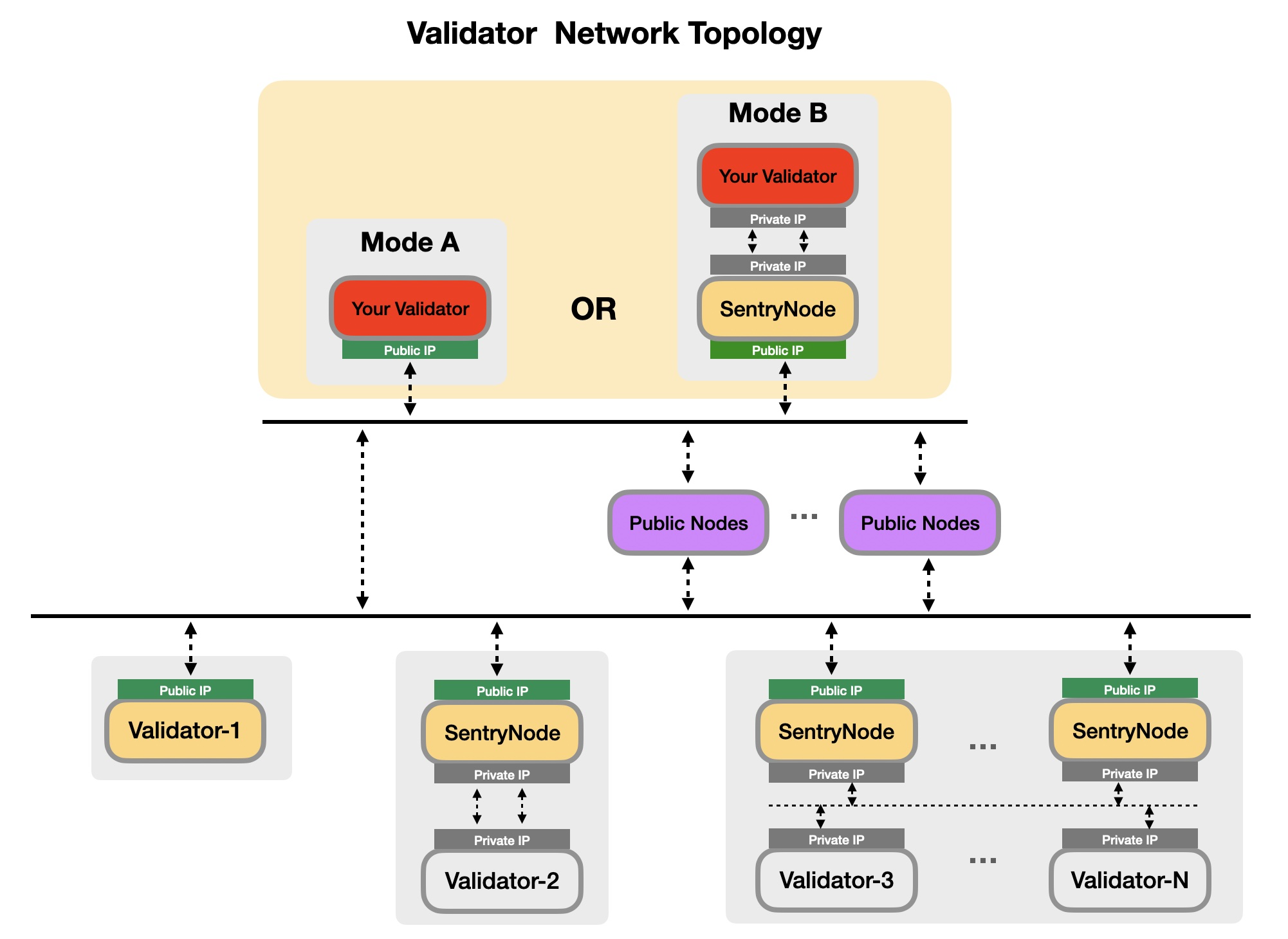SPC Validator Overview

SimpleChain2.0(SPC) relies on a system of multiple validators with Proof of Staked Authority (PoSA) consensus that can support short block time and lower fees. The most bonded validators in staking will have the opportunity to produce blocks. The double-sign detection and other slashing logics ensure security, stability, and chain finality.
SPC conducts a daily election process post 00:00 UTC to select the top 13 active validators based on their staking rankings for block production. Among these, the 13 validators with the highest staked amounts are referred to as Cabinets.
This measure aims to encourage more validators to participate in the consensus, enhancing the decentralization and security of SPC.
What is Validator?
Validators on the SPC are nodes responsible for producing blocks and securing the network through the POSA consensus mechanism. They participate in packaging transactions, creating and validating blocks to secure the SPC network, earning SRW tokens as rewards in exchange.
The Network Topology

Validators on the SPC network are interconnected through a peer-to-peer (P2P) network, allowing for both direct and indirect connections. As a validator node operator, you have two operational modes to choose from:
-
Mode A(Ease of Use): You can expose your validator's public IP address directly to the P2P network, which facilitates a direct connection. This mode is the most straightforward and offers high efficiency due to fewer network hops. To mitigate potential security risks, it is highly recommended to deactivate the HTTP module whenever possible and avoid exposing HTTP access to the public. Additionally, it's crucial to safeguard your validator node's information to prevent Distributed Denial of Service (DDoS) attacks that could target the P2P port.
-
Mode B(Enhanced Security): This mode conceals your validator node behind one or more SentryNodes, which are essentially regular SPC full nodes. The SentryNode acts as a protective intermediary between your hidden validator node and the public P2P network. It primarily shields the validator from threats such as DDoS attacks and other security vulnerabilities.
Economics
Validator's rewards come from transaction fees and commission fees from delegators.
Let us also assume that the reward for a block is 100 SRW and that a certain validator has 20% of self-bonded SRW and sets its commission rate to 20%. These tokens do not go directly to the proposer. Instead, they are shared among validators and delegators. These 100 SRW will be distributed according to each participant's stake:
Commission: 100 SRW × 20% = 20 SRW (goes directly to validator)
Remaining for All Delegators: 100 SRW - 20 SRW = 80 SRW (distributed proportionally)
Validator's Share of Remaining: 80 SRW × 20% = 16 SRW
Other Delegators' Share: 80 SRW × 80% = 64 SRW
Total Validator Reward: 20 BSRWNB (commission) + 16 SRW (self-delegation share) = 36 SRW
The rewards for motivating validators to vote for Fast Finality also comes from transaction fees.
If validators double sign, malicious vote or frequently offline, their staked SRW (not including SRW of users that delegated to them) can be slashed. The penalty depends on the severity of the violation.
Malicious Fast Finality Vote Slash
Running your validators with the same consensus keys and bls voting keys concurrently on two or more machines will result in malicious vote slash. The penalty for malicious vote slash:
- 200 staked SRW will be slashed for the validator.
- The malicious vote jail time is 30 days, you can send an
unjailtransaction after the jail time to reactivate your validator.
Note: Rewards for submitting Malicious Vote evidence: SRW. Anyone can submit a slash request with the evidence of malicious vote on SPC, which should contain the 2 votes, signed by the offending validator.
Downtime Slash
If your validator misses over 50 blocks in 24 hours, the blocking reward won't be given to you but will be shared among other validators. If your validator continues to miss more than 150 blocks within 24 hours, it will trigger the following penalty for being offline.
- 10 staked SRW will be slashed for the validator.
- The offline jail time is 2 days. This allows the validator to send an
unjailtransaction and resume as an active validator after 2 days.
Low Self-Delegation Slash
Validators must stake a minimum of 5000000 SRW for self-delegation. If the self-delegated amount is less, the penalty is 2 days of jail time.